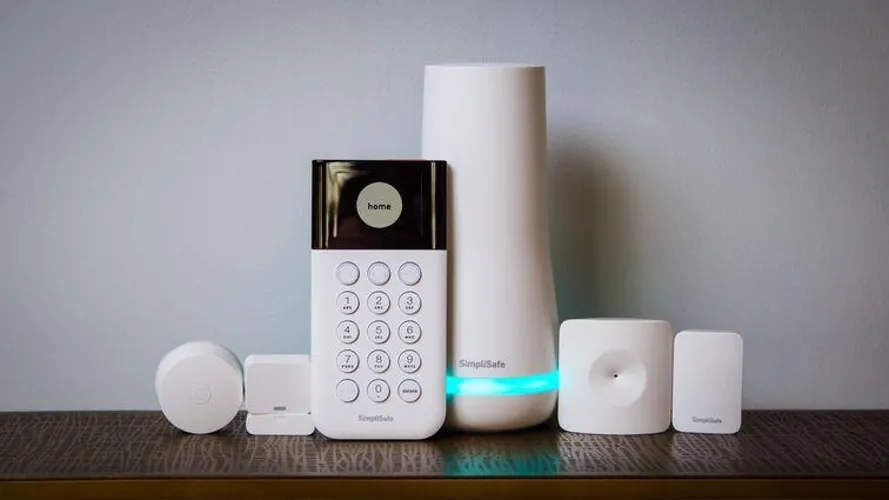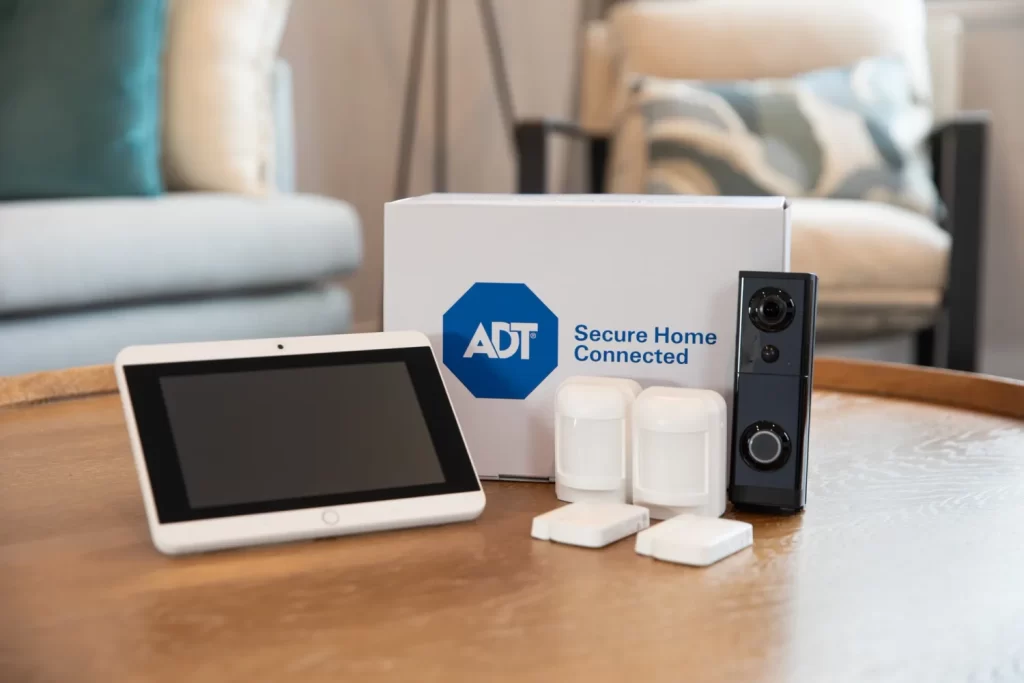I. Introduction
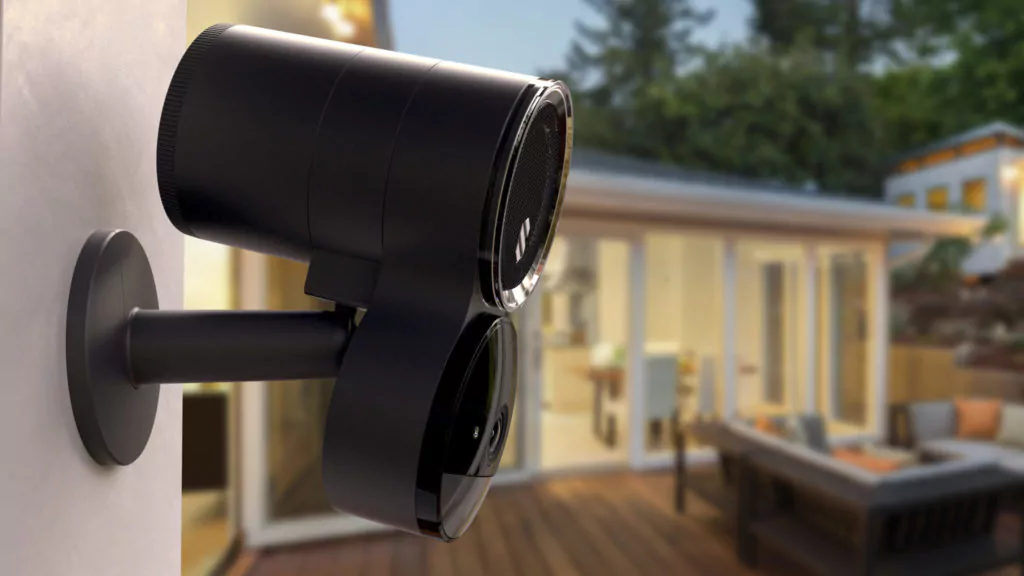
A. Importance of home security In today’s world, ensuring the safety and security of our homes has become increasingly significant. With the rise in crime rates and the constant advancements in technology, it has become essential to invest in home security systems to protect our loved ones and our properties.
B. Overview of the article on the worthiness of home security systems This article examines the value and worthiness of home security systems. It delves into the benefits they provide and the considerations one should take into account when deciding whether or not to invest in such systems.
C. Thesis statement: Assessing the benefits and considerations to determine if home security systems are worth the investment By assessing the benefits and considering various factors, individuals can make an informed decision regarding the value and worthiness of home security systems.
II. Benefits of Home Security Systems
A. Deterrence and Prevention
- Acting as a deterrent to potential criminals Home security systems with visible surveillance cameras and alarm systems can deter criminals from targeting a particular property. The presence of these systems sends a message that the property is protected, and potential criminals are more likely to move on to easier targets.
- Minimizing the risk of break-ins or home invasions The mere presence of a home security system can significantly reduce the risk of break-ins or home invasions. With sensors on windows and doors, any attempt to force entry triggers an alarm, notifying both the homeowner and the security company.
B. 24/7 Monitoring and Emergency Response
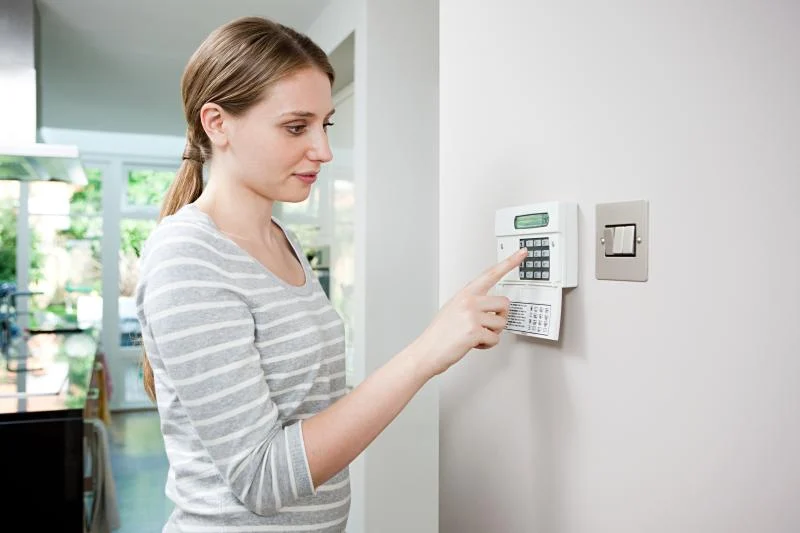
- Continuous monitoring for suspicious activities or breaches Home security systems often come with round-the-clock monitoring services. Trained professionals keep an eye on the property and alert the homeowner and the relevant authorities in the event of any suspicious activity or breach.
- Prompt emergency response to incidents like fire or medical emergencies In addition to burglary prevention, home security systems also provide immediate response to other emergencies. Smoke detectors and carbon monoxide detectors can alert residents and the monitoring company to any signs of fire or dangerous gases. Panic buttons can be installed to summon medical assistance in case of a medical emergency.
C. Remote Access and Control
- Ability to monitor and control security remotely Modern home security systems allow homeowners to monitor their properties remotely through smartphone applications or computer interfaces. These platforms provide live feeds from surveillance cameras, alerts for any activity, and the ability to arm or disarm the system remotely.
-
Convenience and peace of mind for homeowners The ability to remotely control and monitor home security systems offers convenience to homeowners. They can check in on their property while away, ensuring everything is secure. This feature provides peace of mind, especially for individuals who frequently travel or have secondary residences.
III. Factors to Consider
A. Initial Investment and Installation Costs
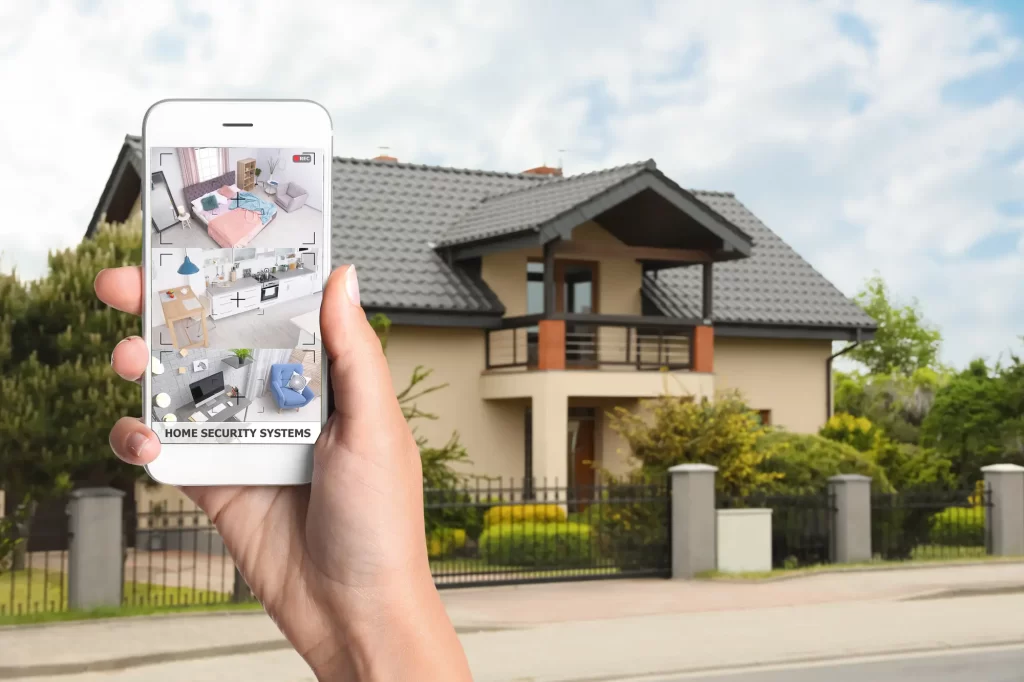
- Evaluating the cost range of home security systems When considering the worthiness of a home security system, it is important to assess the initial investment required. Home security systems can vary in cost, depending on factors such as the size of the property, the level of security desired, and the specific features included. Researching different options and comparing prices will help determine what fits within one’s budget.
- Considering installation fees or professional monitoring costs In addition to the initial purchase cost, some home security systems may require professional installation or ongoing professional monitoring services. These additional fees should be factored into the overall cost of the system. It’s essential to evaluate the value added by such services and determine if they are necessary for one’s specific needs.
B. Potential Savings on Insurance Premiums
- Investigating insurance discounts for homes with security systems Many insurance companies offer discounts on home insurance premiums for homes equipped with security systems. It is worthwhile to inquire with insurance providers about any potential savings. These discounts can vary based on the type and features of the security system, so it is important to provide accurate information when seeking an insurance quote.
- Estimating annual savings on insurance premiums Once the potential insurance premium discounts are determined, individuals can estimate the annual savings that a home security system may provide. These savings can help offset the initial investment and ongoing costs of the system, making it more financially appealing.
C. Customization, Scalability, and Integration
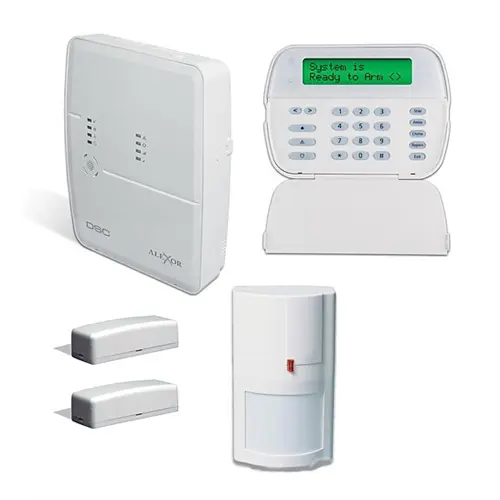
- Assessing the ability to customize and adapt security systems Different homeowners have varying security needs. It is important to consider how customizable a home security system is to meet those specific requirements. This includes assessing features such as the ability to add additional sensors, cameras, or home automation capabilities in the future.
- Exploring scalability and compatibility with other smart home devices As smart homes become more prevalent, integration with other devices and systems is crucial. Investigate whether the home security system can be integrated with other smart home devices, such as voice assistants, thermostats, or lighting systems. Scalability is also important, as it allows for expansion or upgrades to the security system as needed in the future.
D. Maintenance and Service Requirements
- Understanding maintenance needs and associated costs Like any other technology, home security systems may require regular maintenance to ensure optimal functioning. Understanding the maintenance needs and associated costs of the system is important when determining its worthiness. Consider factors such as battery replacements, firmware updates, and equipment lifespan.
- Researching service and support options from providers Before investing in a home security system, it is essential to research the service and support options provided by different providers. Evaluate customer reviews and ratings to understand whether prompt and reliable support is available. This is crucial for troubleshooting or addressing any issues that may arise with the system.
By carefully considering factors such as initial investment and installation costs, potential savings on insurance premiums, customization and integration capabilities, as well as maintenance and service requirements, individuals can make an informed decision about the worthiness of a home security system for their specific needs. Evaluating these factors alongside the benefits discussed earlier in the article will help determine if the investment is justified and if the system will provide the desired level of security and peace of mind.
